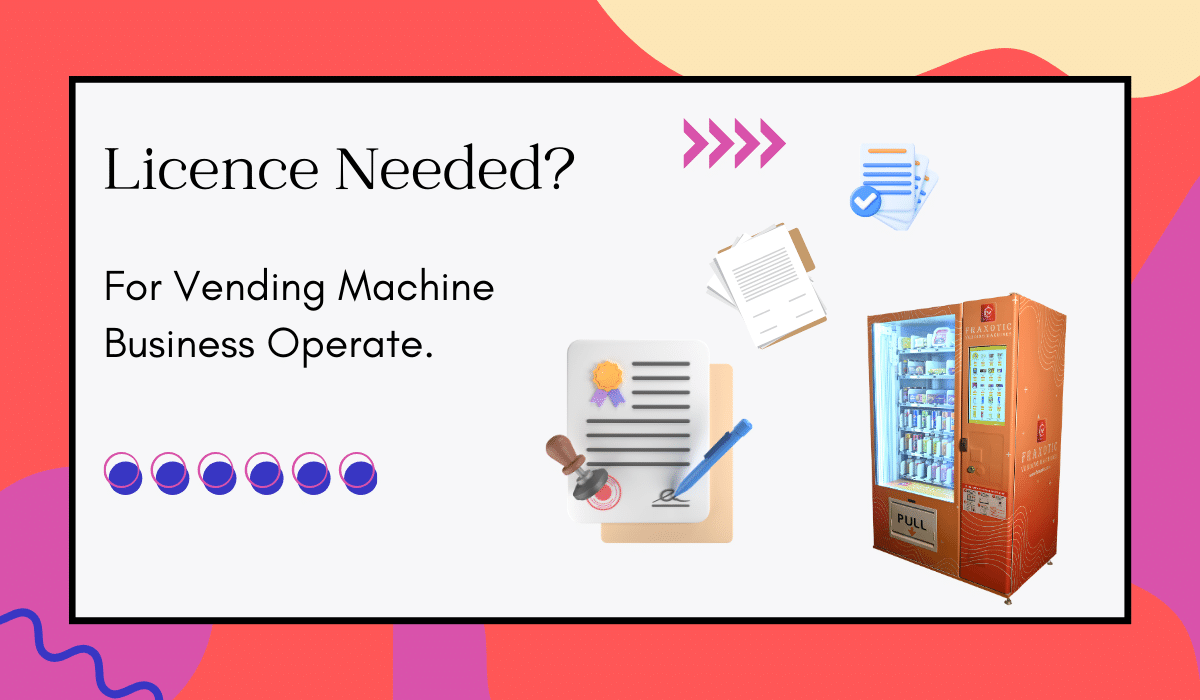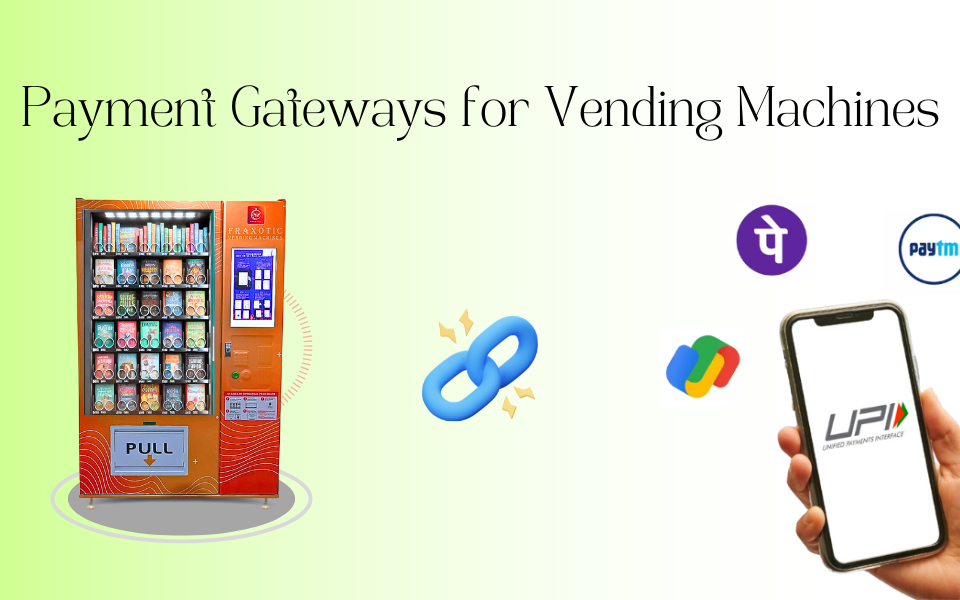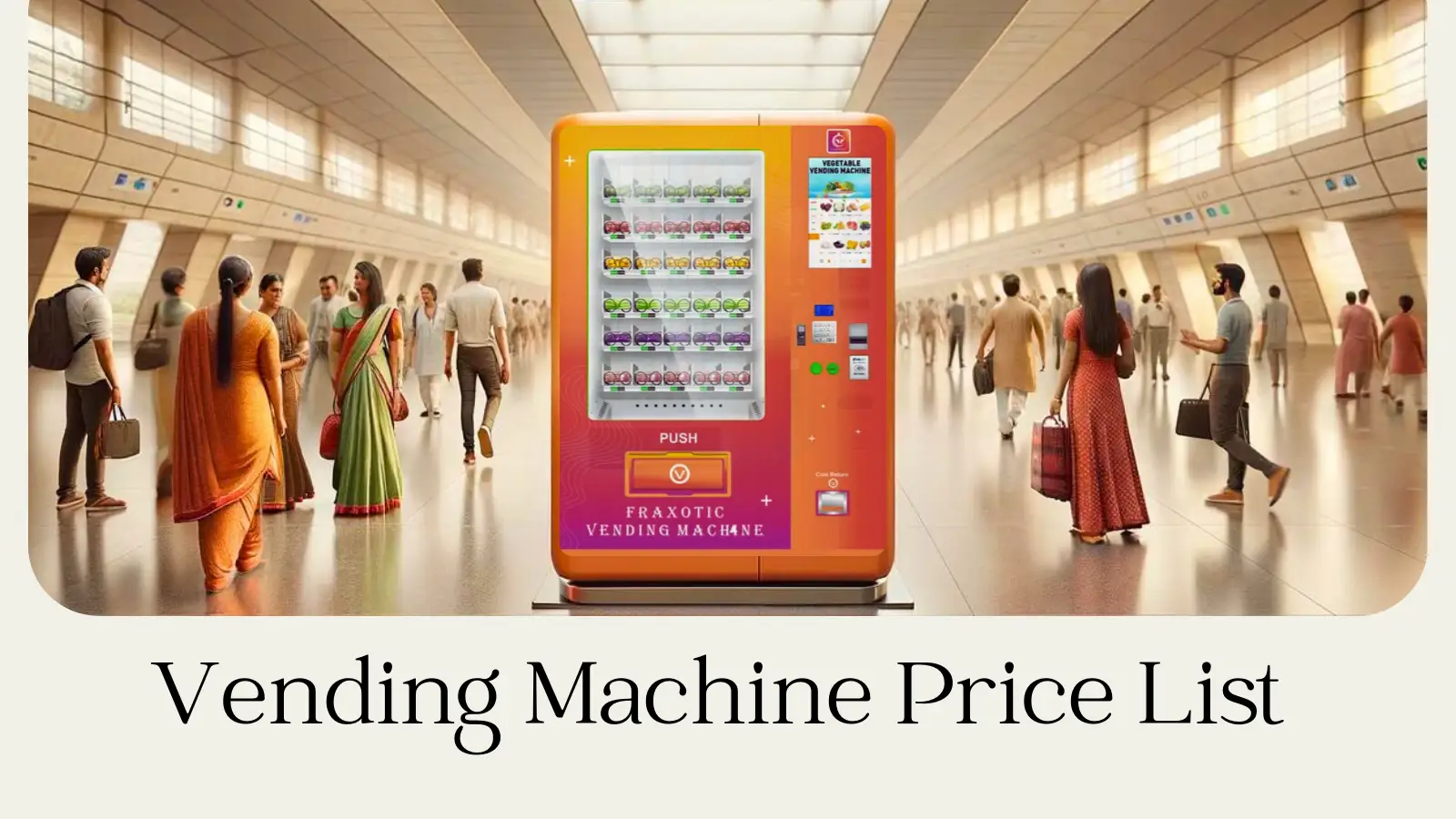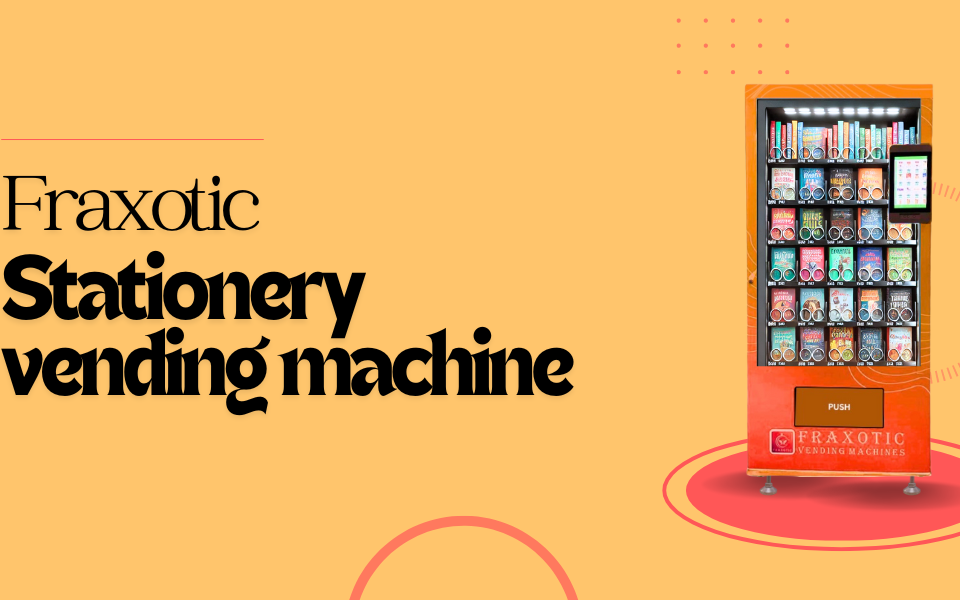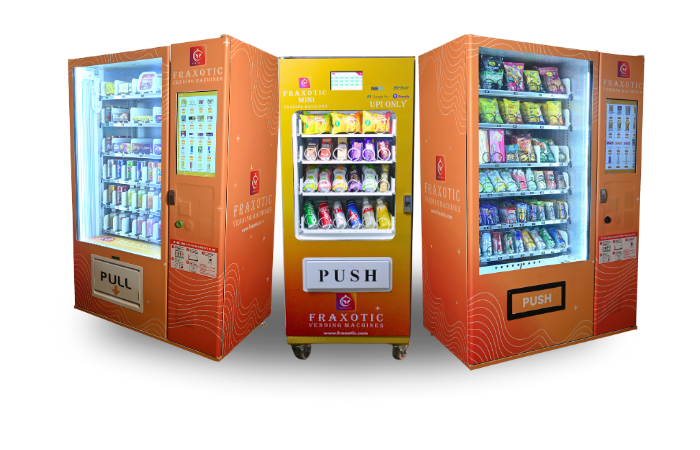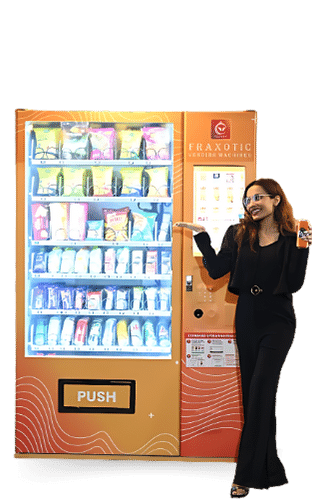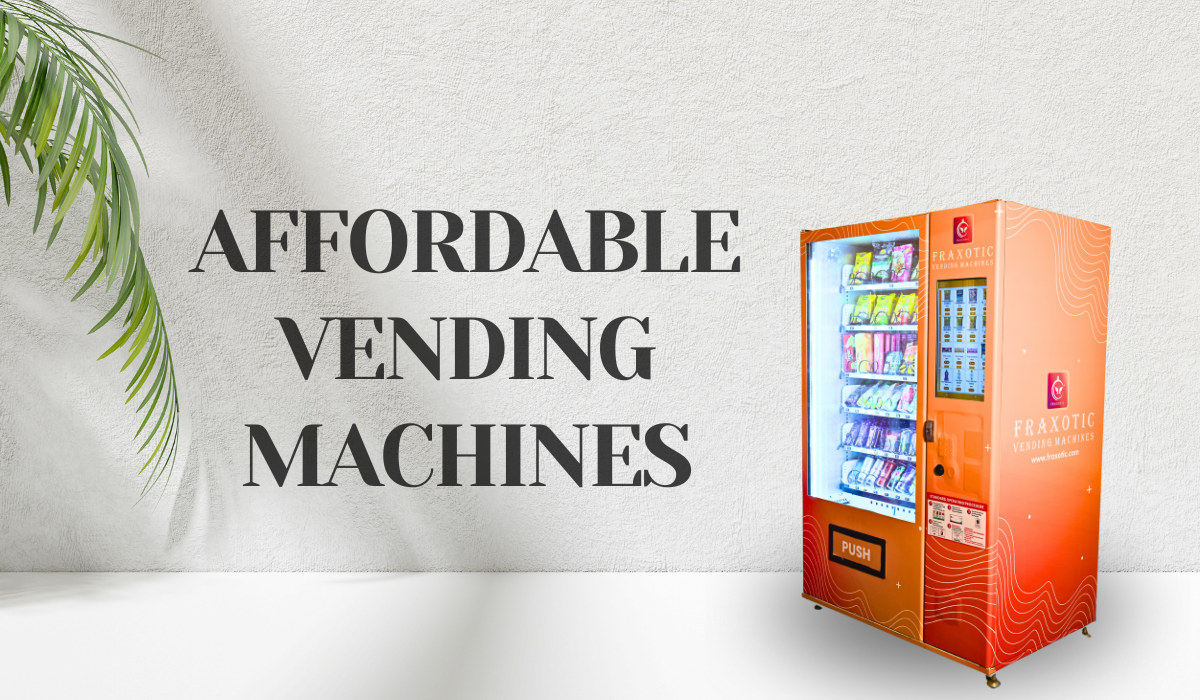
Affordable Vending Machines: Your Key to a Successful Business Start
February 7, 2024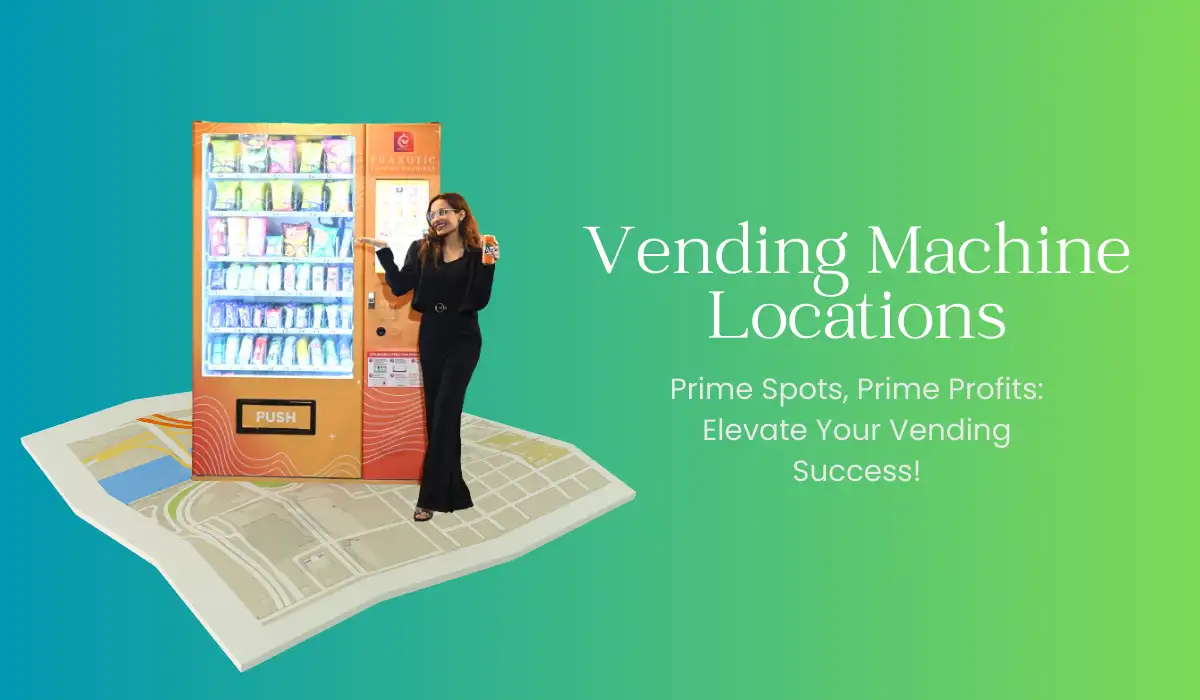
Best Vending Machine Locations in India – 2024
February 26, 2024Starting a vending machine business in India is a promising venture due to the increasing demand for convenient and instant access to a variety of products ranging from snacks to electronics. However, to ensure the smooth operation and legal compliance of your vending machine business, it is essential to acquire the necessary licenses. The three primary licenses required are the FSSAI License, GST Registration, and Trade License. Let’s delve into the specifics of these licenses and the steps to obtain them.
Why Do You Need a License for Vending Machine Business?
Licenses act as a gateway for conducting business legally within a country. They ensure that the business complies with the local laws and regulations, maintains public health and safety standards, and operates ethically. For vending machine businesses, which often deal with food and beverages, it is crucial to obtain these licenses to:
- Ensure the safety and quality of the food products offered.
- Build trust among consumers regarding the legitimacy and reliability of the business.
- Avoid legal penalties and business interruptions due to non-compliance.
FSSAI License
The Food Safety and Standards Authority of India (FSSAI) is the primary regulatory body responsible for monitoring and governing food safety. It is mandatory for every food business operator (FBO), including vending machine businesses, to register with FSSAI and obtain a license.
A license has to be issued by the Licensing Authority within 60 days of making a complete application by an applicant.
Required Documents for Basic FSSAI Registration
- Authorized person’s address proof.
- Passport size photograph.
- Business name and address.
- FSSAI declaration form.
- Nature of business details.
State & Central Licenses
- State License: Businesses with an annual revenue of Rs.12 lakhs to Rs.20 crore need to apply for a state license from the FSSAI.
- Central License: Businesses with annual revenue exceeding Rs.20 crore are required to apply for an FSSAI central license.
Required Documents for State and Central FSSAI License
- Rental Agreement of Business Premises.
- Any ID proof like Aadhaar Card or Voter ID Card.
- Company Incorporation Certificate / Firm Registration/Trade License/Partnership deed copy, etc.
- FSSAI declaration form & Nature of Business.
GST Registration
Goods and Services Tax (GST) registration is compulsory for every business entity involved in the buying and selling of goods and services in India. It unifies various indirect taxes into a single tax, simplifying the tax structure for businesses. Obtaining a GST number is essential for vending machine operators for tax compliance and to collect GST from customers on the sale of goods and services.
After filing the application accurately and uploading the documents correctly, the ARN is generated and received by the applicant. It usually takes 3 to 7 days for the registration to be processed and the GST number and registration certificate to be obtained.
Required Documents for GST Registration:
- PAN Card of the individual or business entity operating the vending machine business.
- Aadhaar Card for identity and address verification of the proprietor, partners, or directors.
- Photograph of the owner or authorized signatory.
- Bank Account Details, typically a bank statement, passbook with the business’s name, or a cancelled cheque.
- Address Proof of the business operation site(s), which might include consent letters, rent agreements, or utility bills in the name of the business or owner.
Note: GST Registration is not mandatory for Businesses that operate within most states must register for GST if their annual turnover exceeds ₹40 lakhs.
Trade License
A Trade License is granted by the local municipal authority and is necessary for any business that intends to engage in any form of trade or business. The license ensures that the business is conducted according to the local laws, regulations, and ethical standards.
For obtaining a trade license for your business, the documents typically required include:
- Completed Application Form: Specific to the local municipal authority.
- Identity Proof: PAN Card, Aadhaar Card, Voter ID, or Passport of the business owner.
- Address Proof: For both the business owner and the business premises (e.g., utility bills, lease agreement).
- Property Ownership Documents: If the property is owned; if rented, a lease agreement and NOC from the landlord.
- Business Registration Proof: Incorporation certificate for companies, partnership deed for partnerships, or a similar document for sole proprietorships.
- GST Registration Certificate: If applicable.
- Passport-sized Photographs: Of the business owner or authorized signatory.
- Fire Safety Certificate: For businesses that are required to comply with fire safety guidelines.
- Environmental Clearance: If required, based on the nature of the business and local regulations.
How to Get a Vending Machine License
The process for obtaining these licenses involves:
- Identifying the type of FSSAI license (Basic, State, or Central) based on your business’s annual turnover.
- Gathering the required documents for the application.
- Applying through the official FSSAI portal or the local municipal corporation for the Trade License.
- Registering for GST through the official GST portal.
It is advisable to consult with a legal advisor or a professional consultant to navigate the application process smoothly and ensure that all legal requirements are met accurately.
In conclusion, securing the FSSAI License, GST Registration, and Trade License is essential for operating a vending machine business in India legally and successfully. These licenses not only ensure compliance with the law but also build credibility and trust with your customers, paving the way for a successful and sustainable business.

